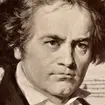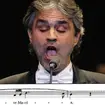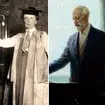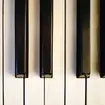Schubert: 20 facts about the great composer
During a career lasting less than 20 years, Franz Schubert (1797-1828) produced a torrent of work, including operas and symphonies; 600 songs; overtures and masses; string quartets, quintets and an octet; 20 piano sonatas; and some 50 choral works. Here are 20 essential facts about the great man.
-
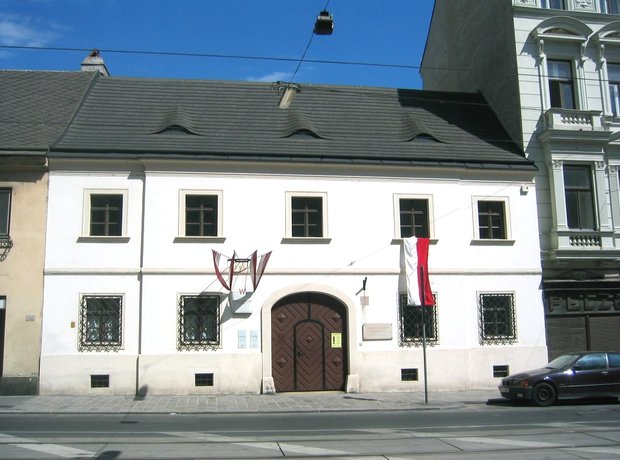
1. The house in Vienna where Schubert was born
Franz Peter Schubert was born near Vienna in January 1797. He was the 12th child of a Moravian schoolteacher, Franz, and his wife, Elisabeth. Franz senior - who played cello - taught his son the rudiments of music. The house in which young Franz was born, pictured, was known as the Red Crayfish but is today 54 Nussdorfer Strasse in the ninth district of Vienna.
-
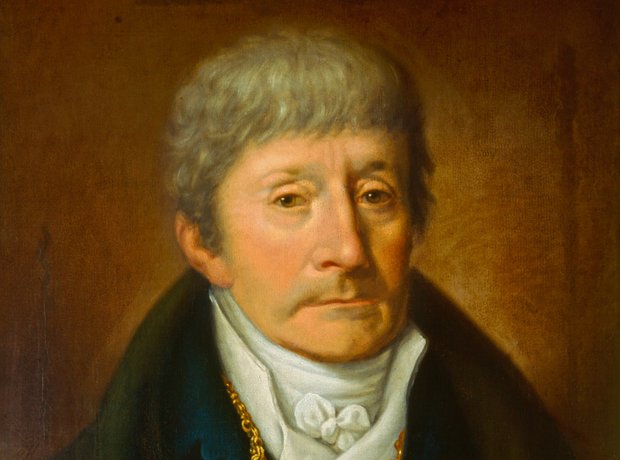
2. Antonio Salieri, composer and talent scout
The composer Salieri (he of not actually murdering Mozart fame) talent-spotted the young Franz when the boy was just seven. Franz was whisked off to the Imperial Seminary where he sang in the choir, played violin in the orchestra and learned musical theory from Salieri himself.
-
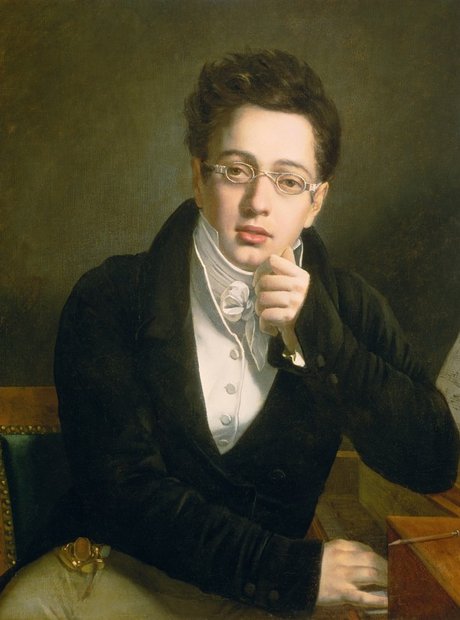
3. Franz Schubert, young composer
Salieri was a brilliant teacher and, under his direction, the youthful Schubert was composing his first string quartets, songs, and piano pieces.
-
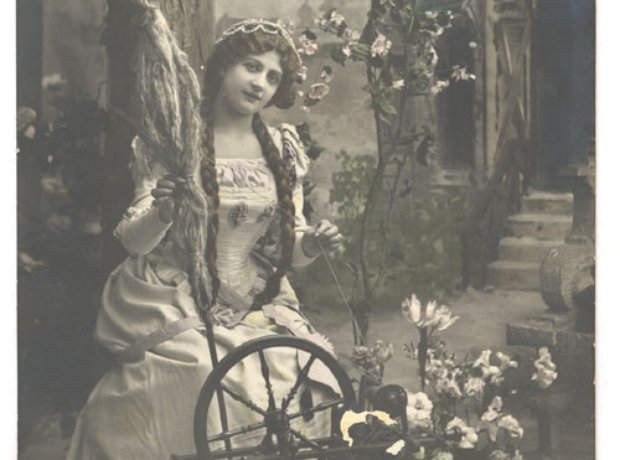
4. Schubert sets a text by Goethe
Schubert wrote his first masterpiece at 17 – a setting of Goethe’s 'Gretchen am Spinnrade' (Gretchen at the Spinning Wheel). Already the composer was making the piano part an integral element of the song. The accompaniment mimics the revolving wheel, speeding up and slowing down in response to the text.
-
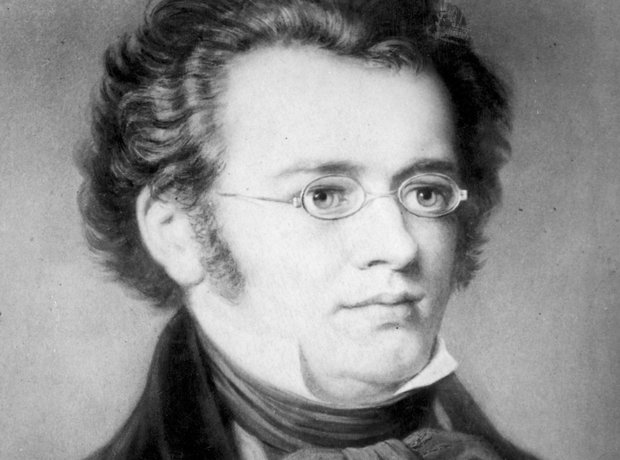
5. An outpouring of musical genius
In 1815 alone, Schubert wrote more than 20,000 bars of music, including nine church works, a symphony, and some 150 songs – including eight in one day in October 1815.
-
-
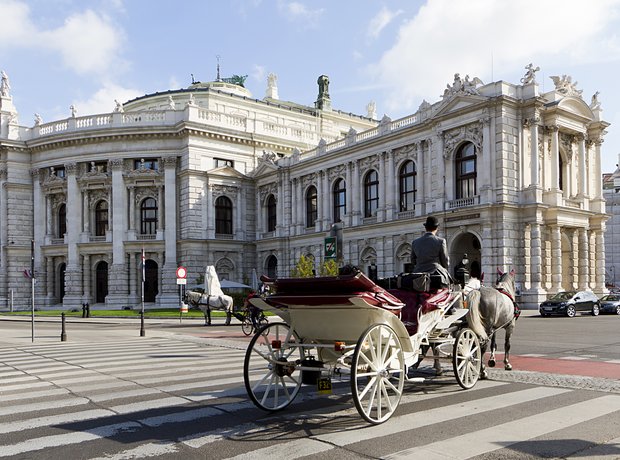
6. A choice between law or music
As a 19-year old in Vienna, Schubert began both a law degree and composing his Symphony No.5. This might well have been the work that prompted the composer to drop out of studying law. It is the perfect piece for anyone who wants to get into his music – fresh, light, full of youthful exuberance and bursting with tunes.
-
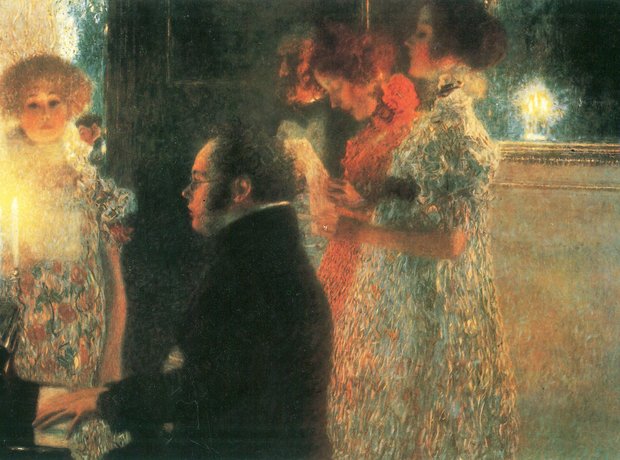
7. Schubert's Schubertiads
Schubert enjoyed a good time and, in his day, he was famous for his musical parties known as ‘Schubertiads’ when he would gather with his friends and fans and showcase some of his latest songs. Sometimes they would go for a picnic or on a river trip.
-
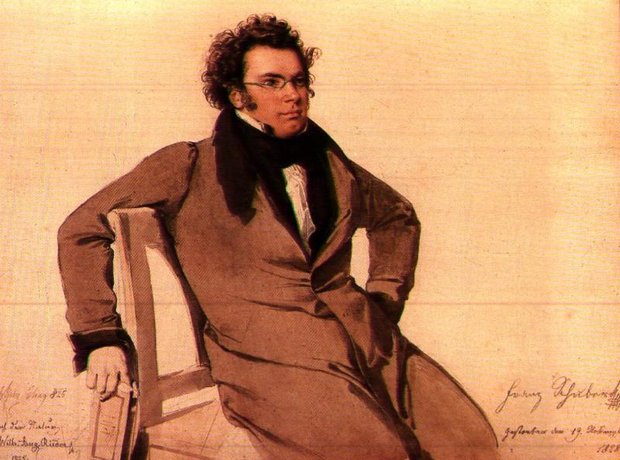
8. The Little Mushroom
Being only five foot one tall, Schubert’s diminutive frame – added to his rather plump body – earned him the nickname ‘Schwammerl’ (little mushroom).
-
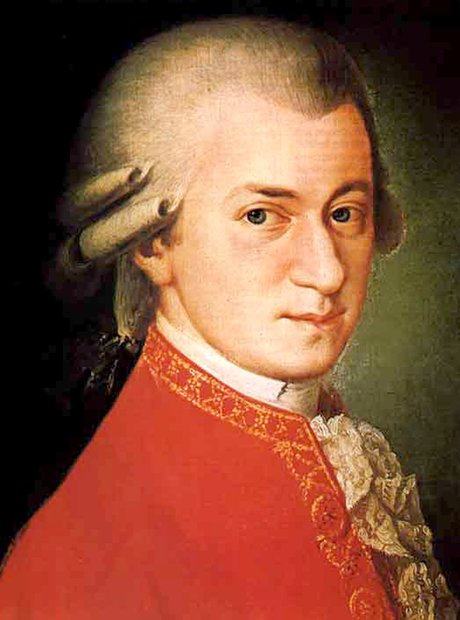
9. Immortal Mozart
Schubert made no secret of the fact that he was absolutely in love with Mozart’s music. "O Mozart! immortal Mozart!” he wrote, “what countless impressions of a brighter, better life hast thou stamped upon our souls!”
-

10. The Trout Quintet
Schubert wrote his popular Trout Quintet when he was just 22. It got its name because the fourth movement is a set of variations on an earlier Schubert song called, funnily enough, The Trout. The song was originally a warning to young women against being 'caught' by 'angling' young men. But Schubert didn’t set the final lines of the poem, preferring to concentrate on evoking the image of the trout in water and the reaction to it being caught by a fisherman. Photo: David Cheskin/PA Wire
-
-
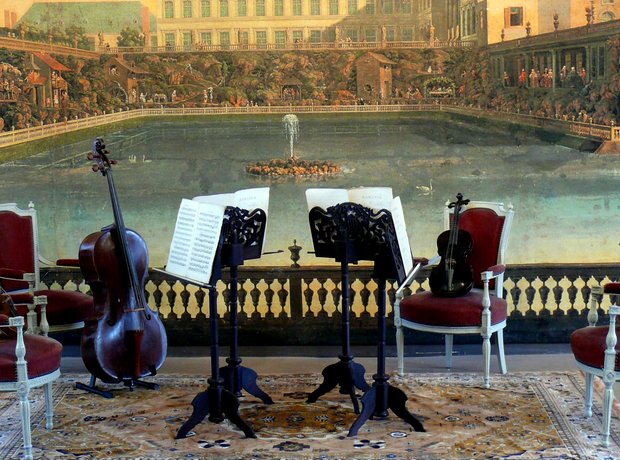
11. The sound of things to come
Schubert’s sadder string quartets were a prelude to the passionate music of the coming Romantic era, the music of Brahms and even Richard Strauss.
-
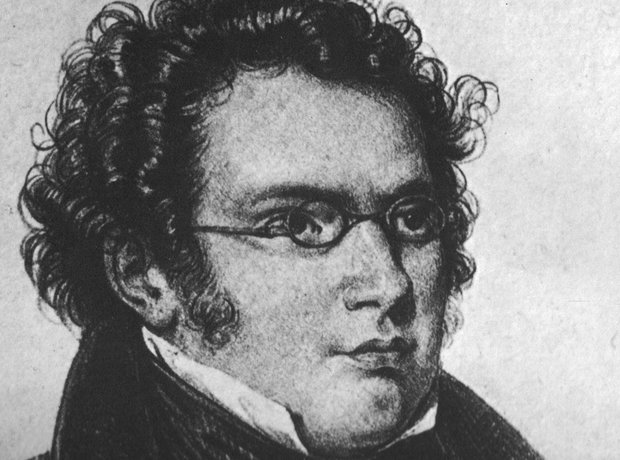
12. The mystery of the 'Unfinished' Symphony
Schubert’s Unfinished Symphony only came to light more than three decades after the composer’s death when an old man claimed he had a work that Schubert had sent him 43 years earlier. Some believe the symphony’s missing fourth movement is actually the Entr’acte from Schubert’s incidental music to the play, Rosamunde.
-
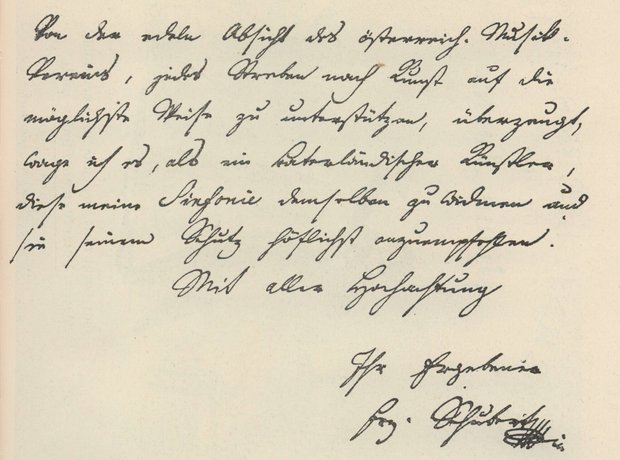
13. The Great Symphony
Few Schubert fans would disagree that his ninth symphony deserves the name, the ‘Great’. The title though was given just to distinguish it from another of his symphonies which is also in the key of C (known as the Little C). In a letter of March 1824, pictured, the composer did say he was preparing himself to write 'a grand symphony'.
-
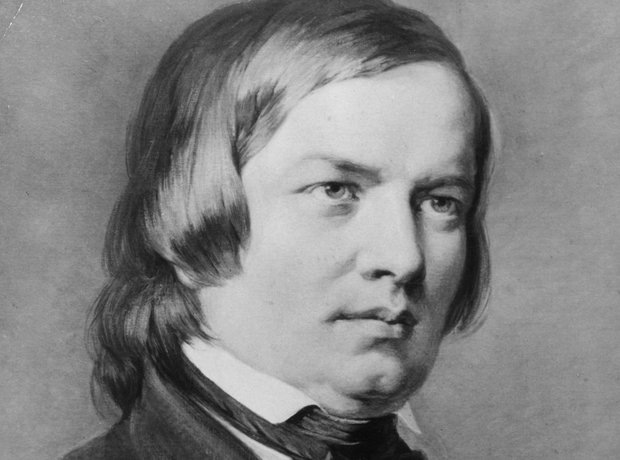
14. Schumann's discovery
Robert Schumann discovered the Great Symphony in a chest after Schubert’s death. “The riches that lay here made me tremble with excitement,” he enthused. The symphony “transports us into a world where I cannot recall ever having been before,” said Schumann.
-
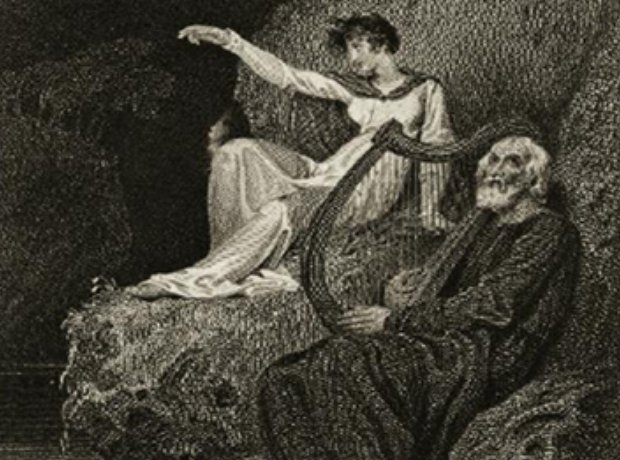
15. From Lady of the Lake to Ave Maria
Schubert’s well-loved music for the Ave Maria was originally written to words from Sir Walter Scott’s The Lady of the Lake. ‘Ellen’s Third Song’ did contain the words ‘Ave Maria’ but only in reference to the prayer itself. Schubert’s tune has been recorded by a wide range of artists from Pavarotti to Perry Como.
-
-
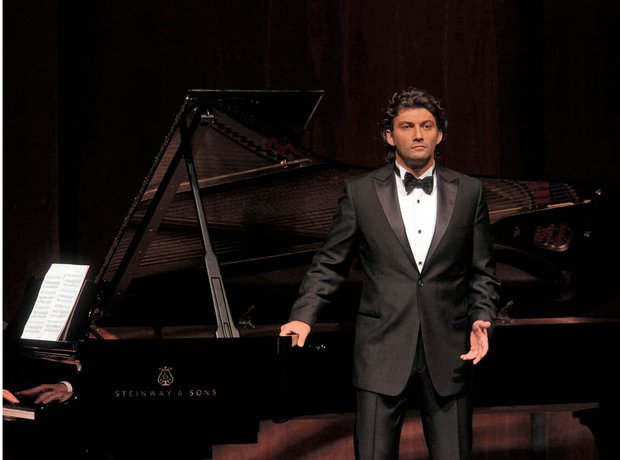
16. Lieder of the pack
Schubert’s greatest contribution to music was in the field of ‘lieder’. These 600 songs express every shade of human emotion – tenderness, drama, even evocations of the countryside. Through them Schubert demonstrated a profound appreciation of the possibilities of the human voice.
-
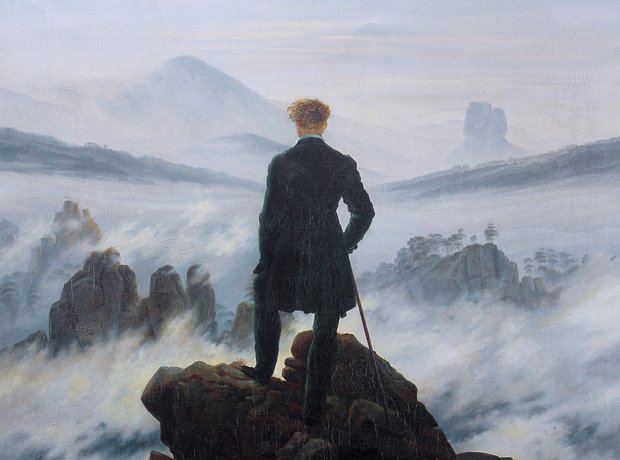
17. The Winter Journey
Schubert contracted syphilis in 1822 and became seriously ill. He carried on composing though with the same unrelenting rate, writing his beautiful cycle of 24 songs, ‘Die Winterreise’ (The Winter Journey) towards the end of his life.
-
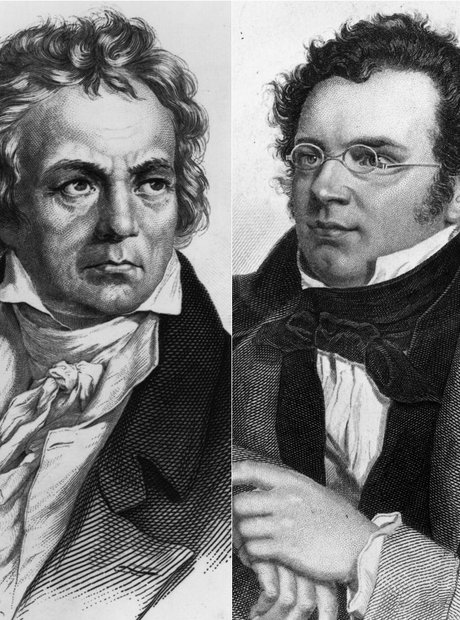
18. Genius and torchbearer
On his deathbed, the mighty Ludwig van Beethoven is said to have looked at some of Schubert's works and exclaimed, "Truly, the spark of divine genius resides in this Schubert!" In March 1827 Schubert was one of the torchbearers at Beethoven’s funeral.
-
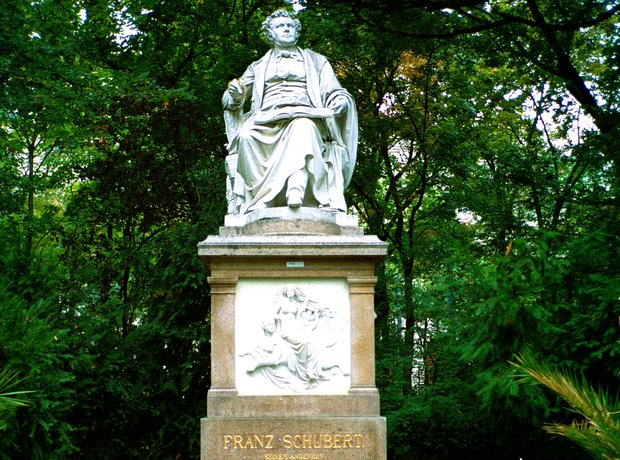
19. In Memorium Franz Schubert
Schubert died in November 1828. In 1872, a memorial was erected in Vienna's Stadtpark (pictured). In 1888, both Schubert's and Beethoven's graves were moved to the Zentralfriedhof, where they can now be found next to those of Johann Strauss II and Johannes Brahms.
-
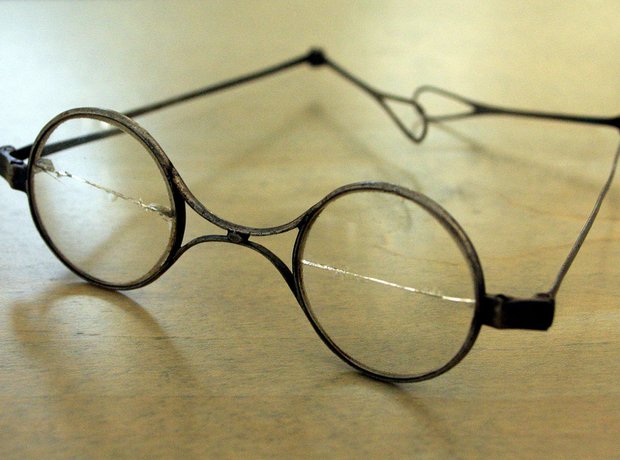
20. An all-time classical great
Appreciation of Schubert’s music increased significantly in the decades following his death. Liszt, Schumann, Brahms and Mendelssohn all championed his works. Today, he is one of the world’s most frequently performed composers.


